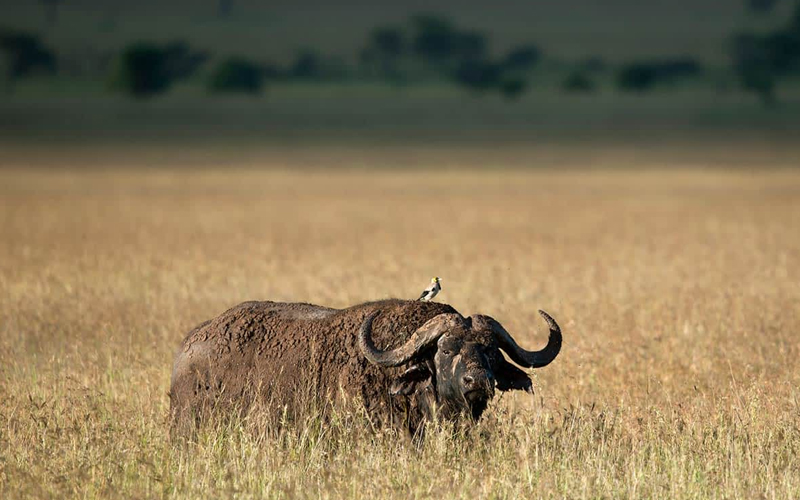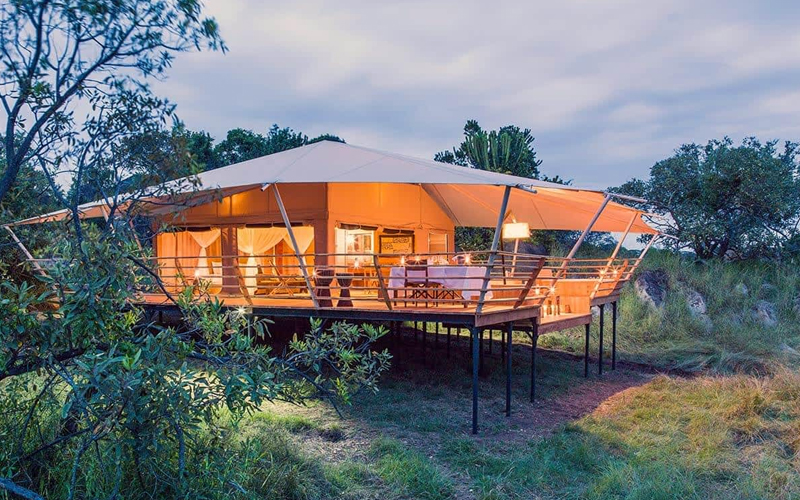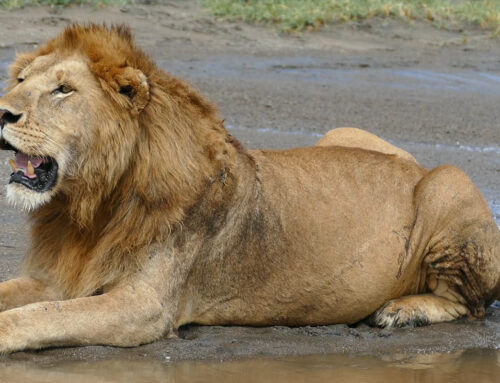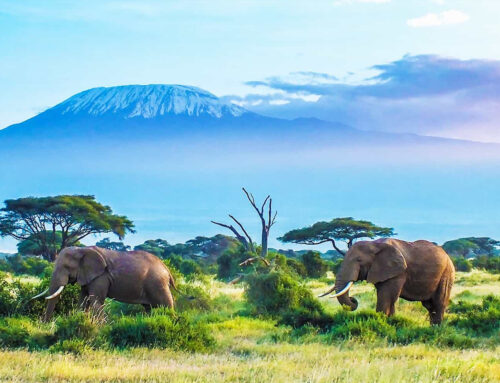Planning a Tanzania safari requires attention to detail and a bit of insider knowledge to ensure your experience is unforgettable. From choosing the best time to visit to packing the right gear, here are some crucial tips broken down into key areas that will help you craft the perfect safari adventure.
Insider Tips for a Tanzania Safari
Choose the Right Time to Visit
- Understanding Tanzania’s Seasons: Tanzania’s seasons play a significant role in your safari experience. The dry season, from June to October, is the most popular time for safaris due to the clear skies and concentrated wildlife around water sources. However, the green season, which includes the short rains in November and December, and the long rains from March to May, can offer fewer crowds, lush landscapes, and lower rates.
- Timing the Great Migration: If witnessing the Great Migration is on your bucket list, plan your trip according to the herds’ movements. The wildebeest migration typically peaks between July and September in the Serengeti, but the exact timing can vary yearly, so flexibility is key.
Select the Ideal Safari Destination
- Serengeti National Park: The Serengeti is famous for its vast savannahs and incredible wildlife, especially during the migration. It’s an excellent choice for first-time safari-goers looking to experience classic African landscapes.
- Ngorongoro Crater: The Ngorongoro Crater offers a unique safari experience within the caldera of an ancient volcano. It’s one of the best places to spot the Big Five in a relatively small area, making it ideal for those short on time.
- Southern and Western Parks: For a more remote and off-the-beaten-path experience, consider parks like Ruaha or Selous (Nyerere National Park). These parks offer fewer crowds and a more intimate connection with the wild, perfect for those seeking solitude and unique encounters.
Pack Smartly for Your Safari
- Clothing Essentials: Pack lightweight, breathable clothing in neutral colors to blend in with the environment and avoid attracting insects. Include layers for the varying temperatures, especially if you plan early morning or evening game drives.
- Must-Have Gear: Bring along a wide-brimmed hat, polarized sunglasses, and high-SPF sunscreen to protect yourself from the sun. Binoculars are essential for spotting distant wildlife, and a good-quality camera is a must for capturing those once-in-a-lifetime moments.
Understand the Safari Etiquette
- Respecting Wildlife: Always maintain a safe distance from animals and follow your guide’s instructions. Avoid loud noises and sudden movements that could startle wildlife or disrupt their natural behaviors.
- Cultural Sensitivity: When visiting local communities, dress modestly and be respectful of local customs. Always ask for permission before taking photos of people to ensure you’re not invading their privacy or offending their traditions.
Work with a Reputable Safari Operator
- Choosing the Right Operator: Research thoroughly to find a safari operator with excellent reviews, experienced guides, and a commitment to sustainable and responsible tourism. Look for operators who offer well-maintained vehicles and personalized service.
- The Importance of a Good Guide: A knowledgeable guide can make a significant difference in your safari experience, providing insights into animal behavior, ecology, and local culture that you might otherwise miss.
Consider Your Accommodation Options
- Luxury Lodges vs. Tented Camps: Luxury lodges provide comfort and exclusivity, often located in prime wildlife areas. Tented camps offer a more authentic experience, allowing you to sleep closer to nature while still enjoying modern amenities.
- Budget-Friendly Options: For those traveling on a budget, public campsites in national parks offer basic amenities. This option is more rugged but still allows you to enjoy the wilderness at an affordable price.
Maximize Wildlife Viewing Opportunities
- Best Times for Game Drives: Early morning and late afternoon are the best times for game drives, as animals are most active during these cooler periods. Make sure to set out at dawn to catch predators in action.
- Utilizing Your Guide’s Expertise: Your guide’s knowledge of animal behavior and terrain is invaluable. Trust their instincts and advice to get the best wildlife sightings, whether it’s tracking a lion pride or finding a hidden waterhole.
Stay Healthy and Safe on Safari
- Health Precautions: Ensure you have all necessary vaccinations and take malaria prophylaxis. Drink plenty of water to stay hydrated and avoid heat exhaustion, especially during the dry season.
- Safety Measures: Always follow safety guidelines provided by your guide, particularly around wildlife and within campsites. Never leave the vehicle during game drives unless instructed, and be cautious when walking in areas where wildlife is present.
Embrace the Unpredictability
- Expect the Unexpected: No two safari experiences are alike. Wildlife sightings can be unpredictable, so patience and flexibility are key. Some days might be quieter, while others will be filled with thrilling encounters.
- Enjoy the Journey: A safari is not just about ticking off the Big Five; it’s about immersing yourself in the African wilderness. Take time to enjoy the landscapes, the smaller creatures, and the overall experience, rather than just focusing on the major sightings.
By keeping these insider tips in mind, you’ll be well-prepared to embark on a Tanzania safari that exceeds your expectations and leaves you with unforgettable memories.
For an incredible Tanzanian adventure, explore the following national parks on our site:
- Kilimanjaro National Park
- Mikumi National Park
- Tarangire National Park
- Lake Manyara National Park
- Arusha National Park
Visit our page for detailed information and tips to make the most of your Tanzanian journey.







Leave A Comment